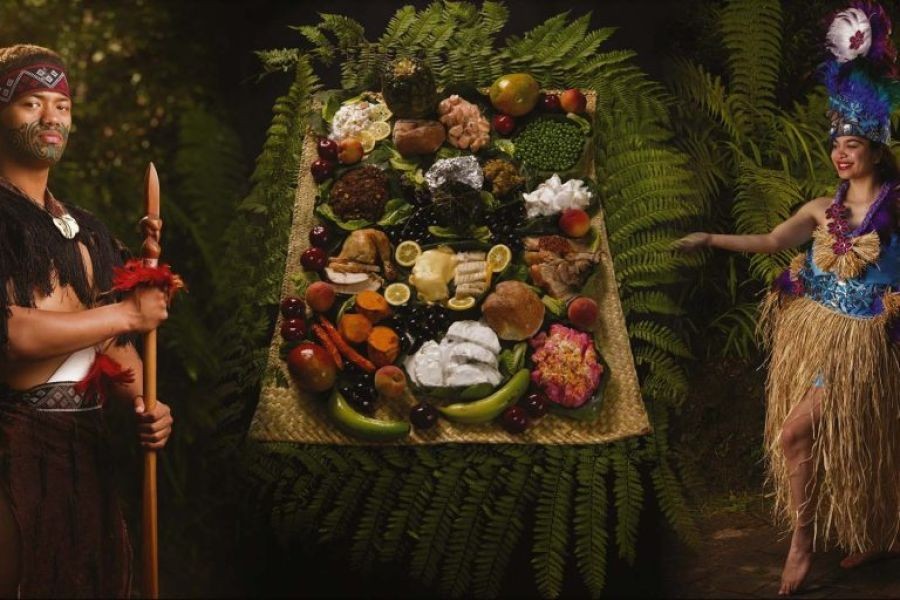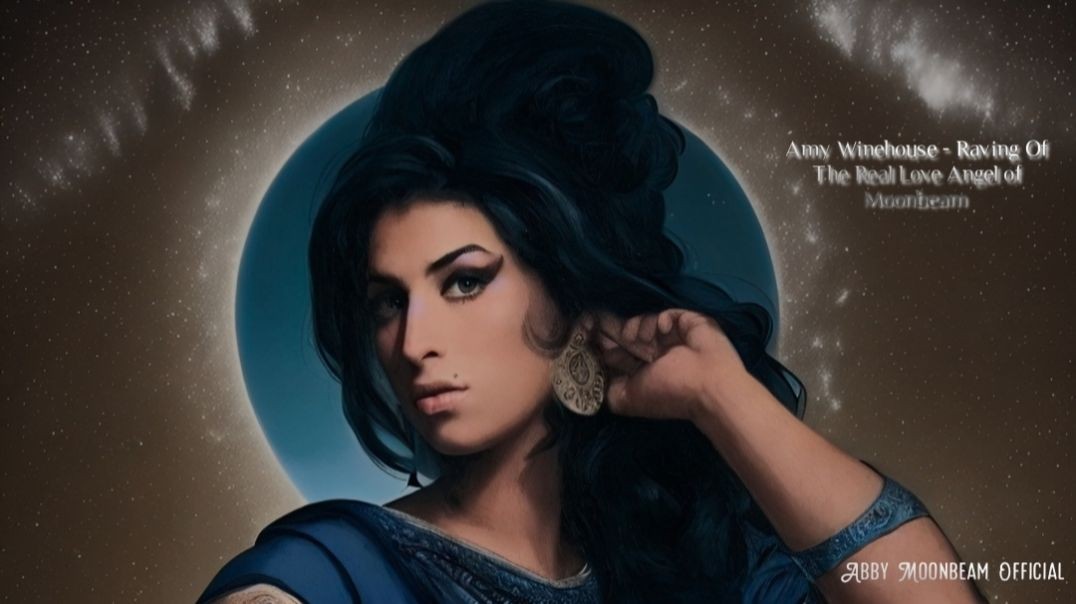In recent years, the revival of Māori traditions in New Zealand has sparked a significant cultural renaissance. This movement, while celebrated by many, raises important questions about its broader impact on the country's social fabric. Does the resurgence of these traditions foster a more inclusive and harmonious society, or does it inadvertently create divisions? Understanding the multifaceted implications of this cultural revival is crucial for policymakers, businesses, and communities across New Zealand.
Understanding the Importance of Māori Cultural Revival
Māori culture is an integral part of New Zealand's identity, with its rich history, language, and traditions deeply intertwined with the nation's heritage. The revival of these traditions has gained momentum, led by initiatives such as the revitalization of te reo Māori (the Māori language), the resurgence of traditional arts, and the celebration of cultural festivals like Matariki. According to Stats NZ, the number of people speaking te reo Māori has increased by 30% over the past decade, reflecting a growing interest in preserving and promoting Māori heritage.
Case Study: The Impact of Māori Tourism
Māori tourism has become a significant contributor to New Zealand's economy, offering unique cultural experiences that attract both domestic and international visitors. A report by Tourism New Zealand highlights a 45% increase in bookings for Māori cultural experiences in the past five years. This growth not only boosts the tourism sector but also provides economic opportunities for Māori communities, fostering a sense of pride and empowerment.
The Pros of Māori Cultural Revival
1. Enhancing Social Cohesion
- Increased Understanding: The revival of Māori traditions fosters greater cultural awareness and appreciation among all New Zealanders, promoting mutual respect and understanding.
- Strengthening Identity: For Māori communities, reconnecting with their cultural roots enhances their sense of identity and belonging, contributing to overall well-being.
2. Economic Opportunities
- Tourism Revenue: The growth of Māori tourism creates jobs and stimulates local economies, particularly in regions with strong cultural heritage.
- Arts and Crafts: The resurgence of traditional Māori arts and crafts supports local artisans and preserves cultural knowledge.
3. Educational Benefits
- Language Revitalization: The increased focus on teaching te reo Māori in schools helps preserve the language for future generations.
- Cultural Curriculum: Integrating Māori perspectives into the national curriculum enriches students' understanding of New Zealand's history and diversity.
The Cons of Māori Cultural Revival
1. Potential for Cultural Misappropriation
- Commercialization Concerns: There is a risk that Māori culture could be commodified, leading to exploitation and loss of authenticity.
- Misinterpretation: Non-Māori individuals or organizations may misinterpret or misrepresent Māori traditions, causing cultural misunderstandings.
2. Social and Political Tensions
- Resource Allocation: Funding and resources directed towards Māori initiatives may cause resentment among other groups, leading to social tensions.
- Identity Politics: The emphasis on cultural identity could exacerbate divisions rather than fostering unity.
Balanced Perspectives: Advocates vs. Critics
Advocates of Māori cultural revival argue that it is essential for preserving New Zealand's unique heritage and fostering an inclusive society. They emphasize the economic benefits and the importance of cultural education in promoting social cohesion. Critics, however, caution against potential pitfalls such as cultural misappropriation and the risk of deepening societal divisions. They advocate for a balanced approach that respects Māori traditions while ensuring inclusivity for all New Zealanders.
Middle Ground: A Path Forward
To address these contrasting viewpoints, a collaborative approach is essential. Engaging Māori communities in decision-making processes, ensuring cultural authenticity in commercial ventures, and promoting inclusive education can bridge the gap between advocates and critics. Policymakers must work towards creating a framework that celebrates Māori culture while fostering unity and understanding among all New Zealanders.
Common Myths and Mistakes
Myth vs. Reality
- Myth: "Māori cultural revival is only beneficial for Māori communities." Reality: The revival benefits all New Zealanders by promoting social cohesion and economic growth. For instance, Māori tourism attracts diverse visitors, boosting the national economy (Tourism NZ).
- Myth: "Reviving Māori traditions leads to cultural segregation." Reality: When approached inclusively, cultural revival fosters understanding and unity across different communities.
- Myth: "Māori culture should remain static to preserve authenticity." Reality: Cultures naturally evolve. Embracing contemporary elements can enhance cultural relevance and engagement.
Biggest Mistakes to Avoid
- Ignoring Cultural Consent: Always seek permission and guidance from Māori communities when incorporating their traditions into commercial activities.
- Over-commercializing Cultural Elements: Avoid diluting cultural authenticity for profit. Collaborate with Māori artisans and cultural experts to ensure integrity.
- Neglecting Educational Initiatives: Failing to integrate Māori culture and language into education systems misses an opportunity for cultural preservation and understanding.
Future Trends and Predictions
By 2030, the integration of Māori cultural elements into mainstream New Zealand society is expected to deepen. According to a report by the Ministry of Business, Innovation and Employment (MBIE), the Māori economy is projected to grow by 4.5% annually, driven by increased participation in various sectors, including tourism, arts, and education. This growth presents an opportunity for New Zealand to become a global leader in cultural inclusivity and sustainability.
Final Takeaways
- Reviving Māori traditions enhances New Zealand's cultural diversity and economic potential.
- Inclusive practices and cultural authenticity are key to a harmonious integration of Māori culture into the broader society.
- Policymakers should prioritize collaborative approaches to ensure the benefits of cultural revival are shared by all communities.
What are your thoughts on the revival of Māori traditions in New Zealand? Share your insights below!
People Also Ask (FAQ)
- How does the revival of Māori traditions impact New Zealand's economy? The growth of Māori tourism and cultural initiatives boosts economic opportunities, with Māori tourism alone seeing a 45% increase in bookings (Tourism NZ).
- What are some misconceptions about Māori cultural revival? A common myth is that it only benefits Māori communities. In reality, it promotes social cohesion and economic growth for all New Zealanders.
- How can businesses respectfully incorporate Māori culture? Engage with Māori communities, seek cultural guidance, and ensure authenticity in commercial activities.
Related Search Queries
- Māori cultural revival in New Zealand
- Impact of Māori tourism on NZ economy
- Te reo Māori language revitalization
- Māori traditions and social cohesion
- Challenges of cultural misappropriation in NZ
- Future of Māori culture in New Zealand
































gnosticliberationfront (gnosticliberationfront)
9 months ago